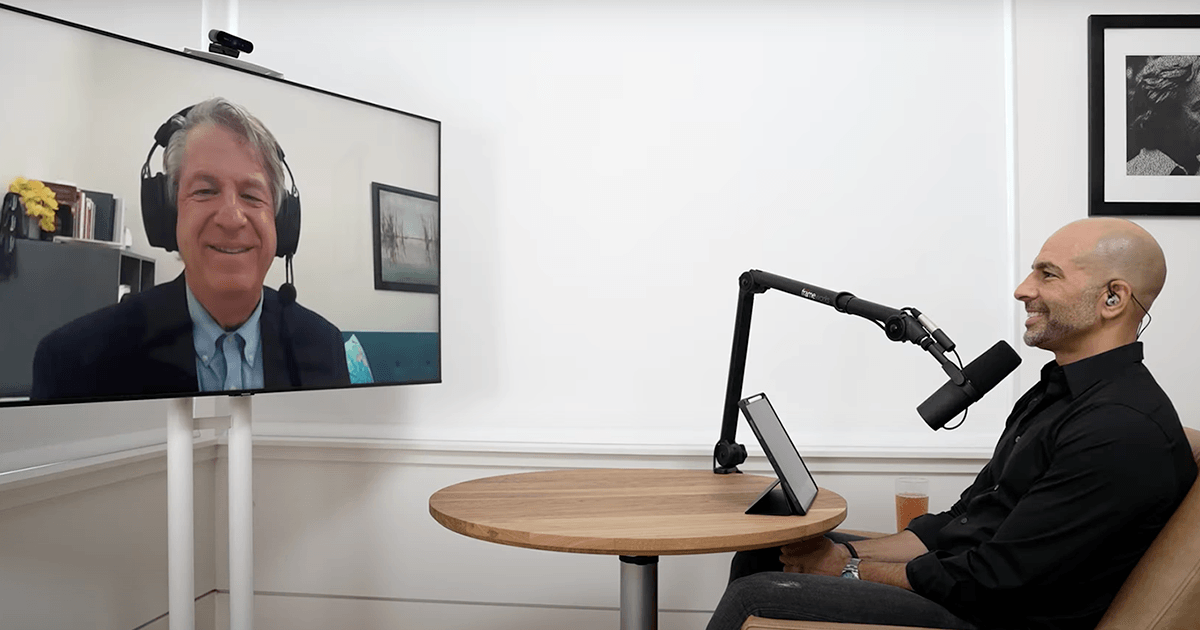When I first started taking BP meds, it took some experimentation with the dosage, with several trips to the doctor over several months. My BP seemed to resist change at first. Eventually, got the right dosage and BP started to respond. After adjusting to the meds, my BP is very stable now. Has been for years.
Everyone’s different, but getting your dosage right in four weeks seems like a stretch to me, unless your Dr guesses lucky with the dosage on the first shot. But, even if the first dosage isn’t perfect, it should bring your BP down some anyway.
I’m not aware of any issues with diving. I’ve done deep Trimix dives etc. Again, having BP that’s properly controlled with meds, is way different than uncontrolled high BP.
Since almost everyone over a certain age gets high BP, there are literally millions of people on BP meds every day involved in all kinds of sports, including diving.





